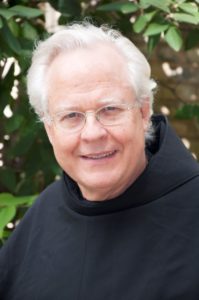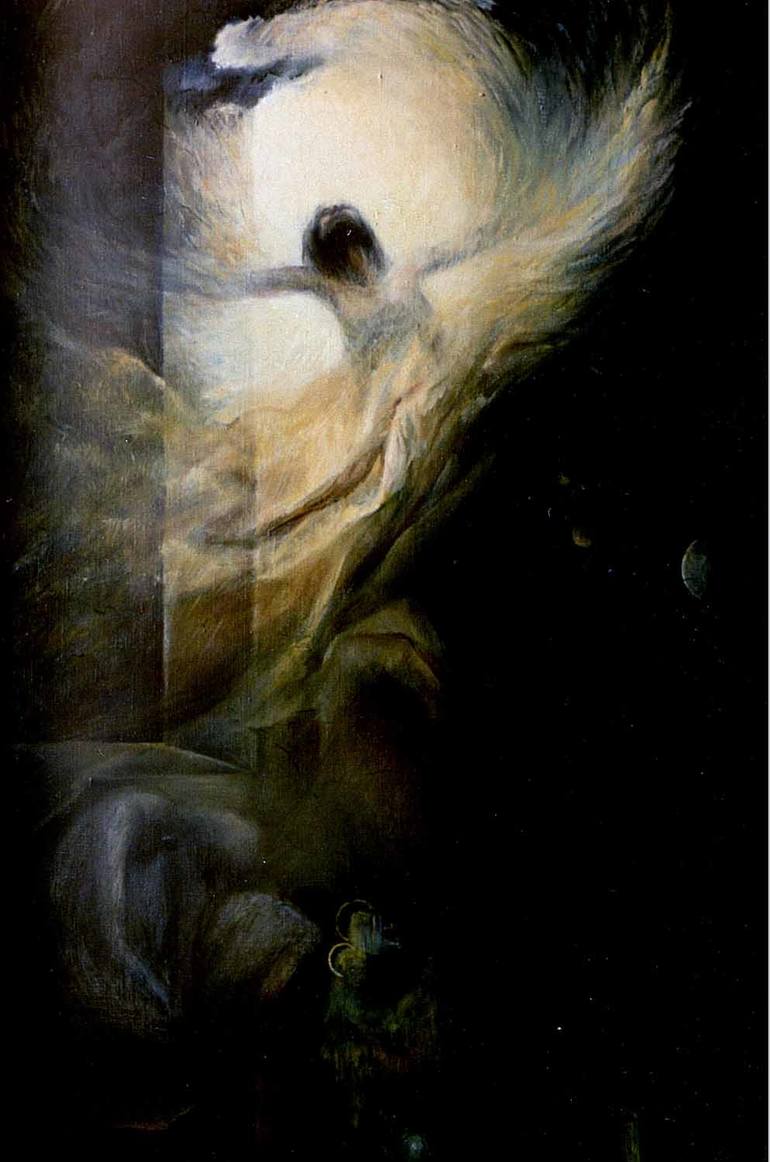Truth re the Russia-Ukraine War and the Greco-Catholic Church
It is not for you to know the times or periods that the Father has set
by his own authority. But you will receive power when the Holy Spirit
has come upon you; and you will be my witnesses
…to the ends of the earth (Acts 1: 7-8)
At Ascension time, our minds cannot get around; our hearts break; our eyes cannot believe what we see in Ukraine since 24 February, the “dark” almost diabolical nature of Putin’s war. As a child I remember the strength and faith of my Ukrainian neighbors, I never doubted the Ukrainians would fight for their homeland, truth, and freedom. Poverty, newfound freedom after World War II, and living Greco-Catholic faith with devotion to Mary imbued them. In time, as artisans, they built a landmark replica[1] of the wooden Churches of the Greco-Catholic Church. With the drift towards secular modernity, Sacred Heart Church is a witness of faith.
In the West to be “academic” means to use scientific, objective methods, to study complex issues by following sources. Ukrainians are a separate Rite in the Catholic Church:
- In 1991, independent Ukraine an “unexpected nation” was born which surprised the West. Theology programs, religious studies and Church history have found that distinguishing between Ukraine and Russia is a problem. Why?
- The problem in post-Vatican II inspired ecumenical dialogue is a highly romanticized view of history and theology which carries the day with Western Ecumenists. In the dialogical endeavor, Ukraine disappears. Consequences?
- In scholarly works on the gift of Eastern Christianity, Ukraine is almost never mentioned. The Russian Orthodox Church of the Moscow Patriarchate and its influence on the Tsars and Soviet Union is the image of the “grand narrative.”
- The Christianization of Rus is the proper historical and theological terminology. Use Rusian,[2] Rusyan, or Kievan. A proper balance is reached by understanding the Romanov Empire (1613-1917) with its multi- ethnic and multi-religious parts.
- There is a Church of Moscow, the Muscovite Church, but it is erroneous to speak of the baptism of Russia. There was no “Russian Christianity” in the medieval period, in the time when the event known as “the Baptism of Rus 988” Ukraine is not part of the Church of Moscow. A superficial study of history fuels misinformation in the Western media.
- Worse is the role of the clergy in the Russian Orthodox Church and Patriarch Kirill, who function as Russian propaganda, willingly, as co-inventors of the concept of the so-called “Russian World” or “Russian Space” which they want the West to buy. They deny Ukrainian independence since 1991. They want Ukrainians under the Patriarch of Moscow.
- This has everything to do with the toxic “Russian World” ideology with its RACIST undertones and the claims over the neighboring nations like Ukraine and Belarus. A caveat to theologians and Church historians who have to address the aggregate of political and military constructions that only appear “benevolent.”
Eight tips for sounding the alarm:
- Overlooking a disciplined academic, scientific and objective study of the range of primary sources. That includes knowing the languages.
- Failing to step back enough for reflection on the complex issues.
- Lack of critical analysis of the political engagements over centuries.
- Being too willing to give a pass to the flawed military engagements.
- Insufficiency of moral engagement; to take Ukrainians for what they are.
- Deficiency in taking the deep view to history; weak fact checking; short cuts that rely on experts who publish in prestigious places.
- Failing to remember the famine, Holodomor in 1932-1933, under Stalin. Millions of Ukrainians died when food was kept from reaching them.
- Presupposing that the theology of the Greco-Catholic Church leaves nothing to be discovered, but only mixes Orthodox and Catholic theology.
Vatican II, Orientalium Ecclesiarum,[3] was approved on the same day as the engine driving the Council, Lumen Gentium. The Eastern Churches are held with high esteem for the institutions, liturgical rites, ecclesiatical traditions and their established standards of the Christian life. However, its cursoriness short changes Ukrainians their “union and difference” within the Holy Spirit by the same faith, the same sacraments and the same government.
Ukraine is part of the Greco-Catholic Church. Today, the Catholic University in Lviv counters the Russian state and Russian narrative that dominates the media. Knowledge of the history and languages of the old Soviet Union means knowing many languages other than Russian. Reality has changed! There is a quagmire of colonialism. The Ukrainian war is global. To study, to teach, to reach understanding cannot be solely with a Russian lens or Russian markers as if Russia subsumed the existence of all of the old nations. Western universities need to sound the alarm, not condone, nor fail to identify the gift of difference.
The contemporary Ukrainian religious scene differs from religious life in Russia which is dominated by the Russian Orthodox Church and lacks any democratic character. The gift of the contemporary Ukrainian Greco-Catholic Church and its future will be reached by studying Ukrainian Christianity on its own terms, with its democratic character.[4] To have finally arrived at the right question may not be much, but I hope it is not nothing.
Fr. Ed Ondrako, OFM Conv. eondrako@alumni.nd.edu
__________________________________
[1] Sacred Heart Church is in Johnson City, New York. I never cease to be moved by remembering history.
[2] Rusian, Rusyan, is the correct spelling. They are used interchangeably with Kievan.
[3] Vatican II, Lumen Gentium, and the Decree on the Churches of the Eastern Rite, 21 Nov. 1964.
[4] Special thanks to Rev. Dr. Yury Avvakumov, Univ. of Notre Dame theologian and historian.
Fr. Edward J. Ondrako, OFM Conventual
Research Fellow Pontifical Faculty of St. Bonaventure, Rome
Visiting Scholar, McGrath Institute for Church Life
University of Notre Dame
Ascension 2022

